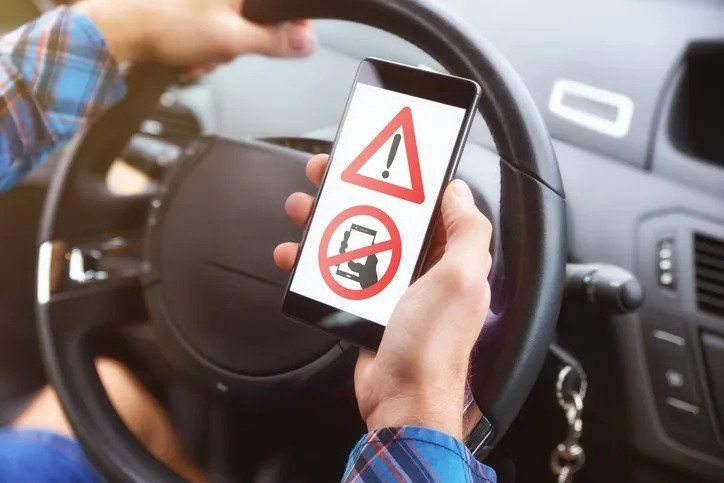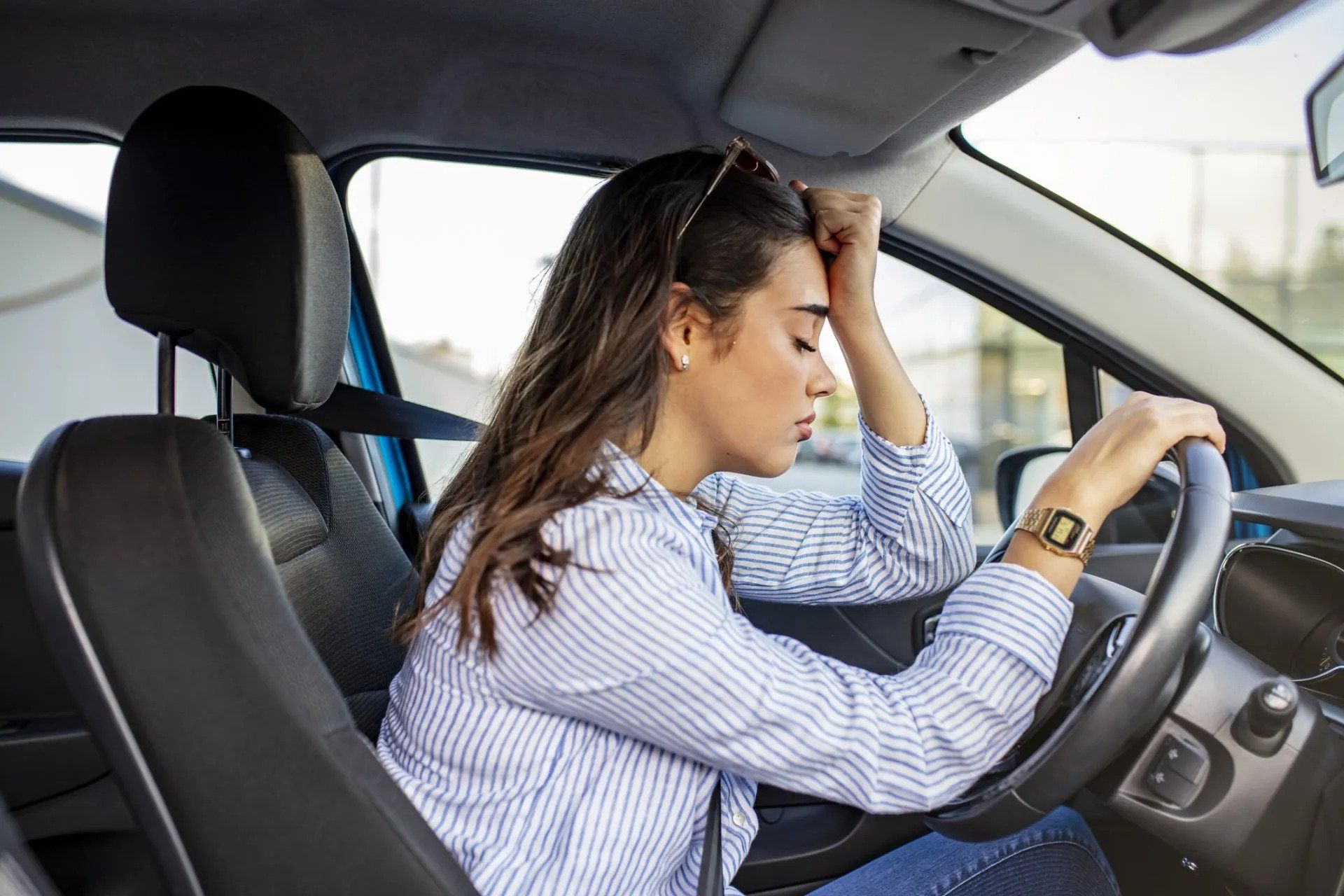Modern smartphones make it easier than ever for people to stay connected, no matter where they are. You can even send text messages while you drive, but the fact that you can doesn't mean that you should. Here are some things you can do to keep your eyes, hands, and mind on your driving.
Plan for a Distraction-Free Drive
When you read or send a text message, the action may seem almost instantaneous, but don't let that fool you. The National Highway Traffic Safety Administration notes that the average text occupies smartphone users for five seconds. Most people wouldn't voluntarily keep their eyes shut for five seconds while driving!
You can avoid this concern and eliminate potential distractions in advance. Before you start to drive, turn your smartphone off and put it away where you can't get to it easily. You check your text messages after you get where you need to go. Study your route so you won't want to check your smartphone's GPS or text for directions.
Let Your Passengers Text Instead
If you worry about the dangers of drinking and driving when you go out to celebrate, you probably assign a sober member of your group as the designated driver. Why not take the same approach to texting and driving whenever you have a passenger? This person can do the thumb work while you focus on the drive.
Keep in mind that even "designated texting" can distract you if you're not careful. Whenever possible, tell your passenger what to text before you start to drive. Avoid the temptation to compose the entire message in your head (and then have a distracting conversation about it) when you need to mind the road.
Practice "Mono-Tasking" Instead of Multitasking
You might think that you're more skilled at texting and driving than the average person behind the wheel because you often multitask in your daily activities. Unfortunately, the idea that the human brain can focus on two or more tasks at once can create a "jack of all trades, master of none" situation.
Research indicates that, rather than processing multiple experiences simultaneously, the brain practices a technique called task switching. Your multitasking process actually just has your brain leap back and forth between tasks. These intervals invite distractions that you don't need.
When you text and drive simultaneously, you can't perform either task well. You don't have to get into an accident to experience some annoyances from this scenario. You might text typos, misunderstand a return message, or miss your highway exit and end up late for a meeting.
If you really need to send or read a text, simply pull over to the shoulder (when it's safe to do so) and read or write to your heart's content. You won't have to worry about your safety, and you'll communicate that much more clearly and effectively.
Get Professional Training and Advice
Driving is such a commonplace activity that you might think it doesn't require any special skill. You may have heard amusing stories about how your grandfather taught your mother to drive on some abandoned road. In today's fast-paced, densely-populated commuting world, however, training matters.
Skilled, safe driving involves more than just the knowledge of how the gears and pedals work. A professional driving course can provide you with a world of helpful information. Some courses even offer simulators that demonstrate just how profoundly texting and driving affects your behind-the-wheel skills.
Today's driver education options include both hands-on training and online learning opportunities. If you're looking for such comprehensive training in the Atlanta area (either for yourself or for the teenage driver in your life),
enroll in an online course here at Taggart's Driving School.

CONTACT INFORMATION
OUR LOCATIONS
Tucker
Executive Office and Classroom
3566 Lawrenceville Highway
Tucker, GA 30084
East Cobb
Parkaire Landing Shopping Center
4880 Lower Roswell Road SE, Suite 170
Marietta, GA 30068
Dunwoody
Dunwoody Village Shopping Center
5529 Chamblee Dunwoody Road, Suite 260 A
Dunwoody, GA 30338
CONTACT INFORMATION
OUR LOCATIONS
Tucker
Executive Office and Classroom
3566 Lawrenceville Highway
Tucker, GA 30084
East Cobb
Parkaire Landing Shopping Center
4880 Lower Roswell Road SE, Suite 170
Marietta, GA 30068
Dunwoody
Dunwoody Village Shopping Center
5529 Chamblee Dunwoody Road, Suite 260 A
Dunwoody, GA 30338










